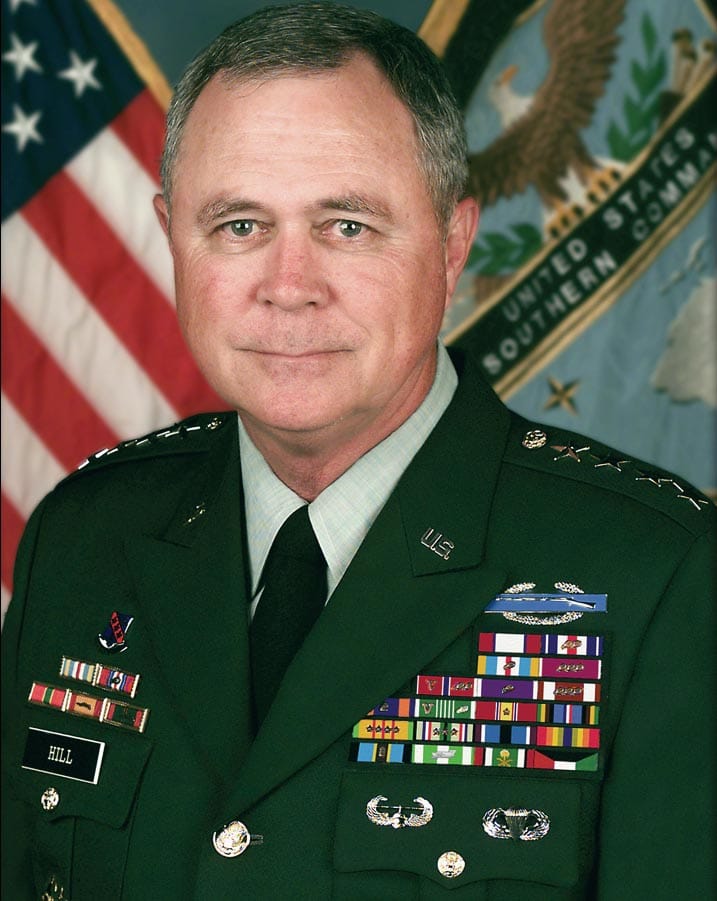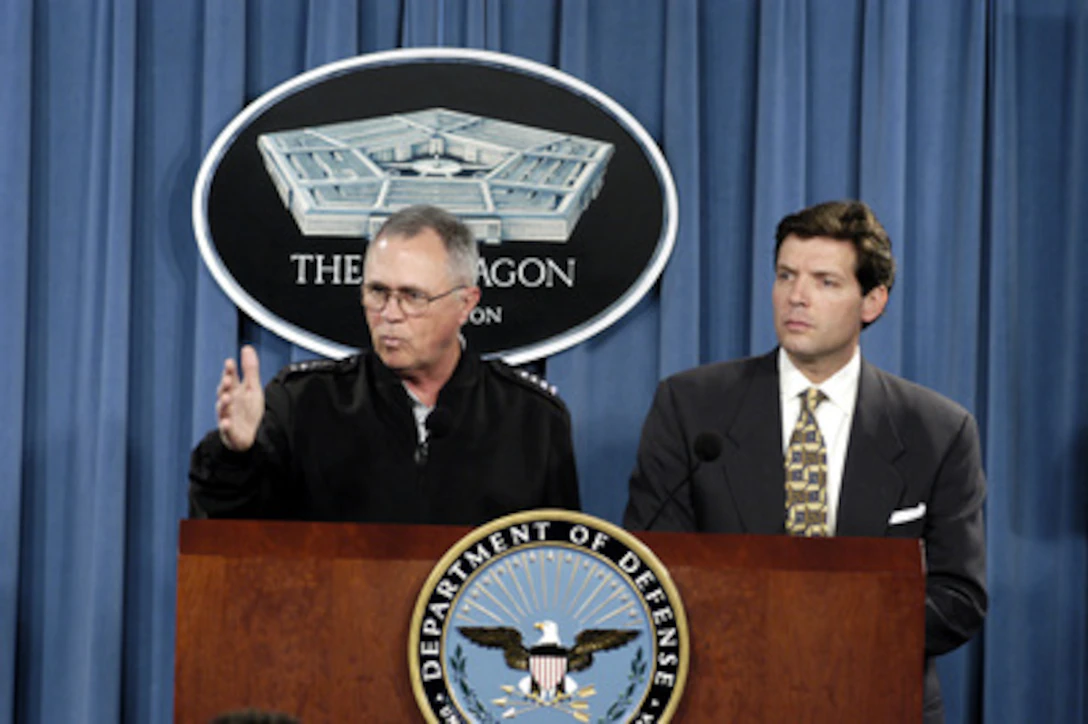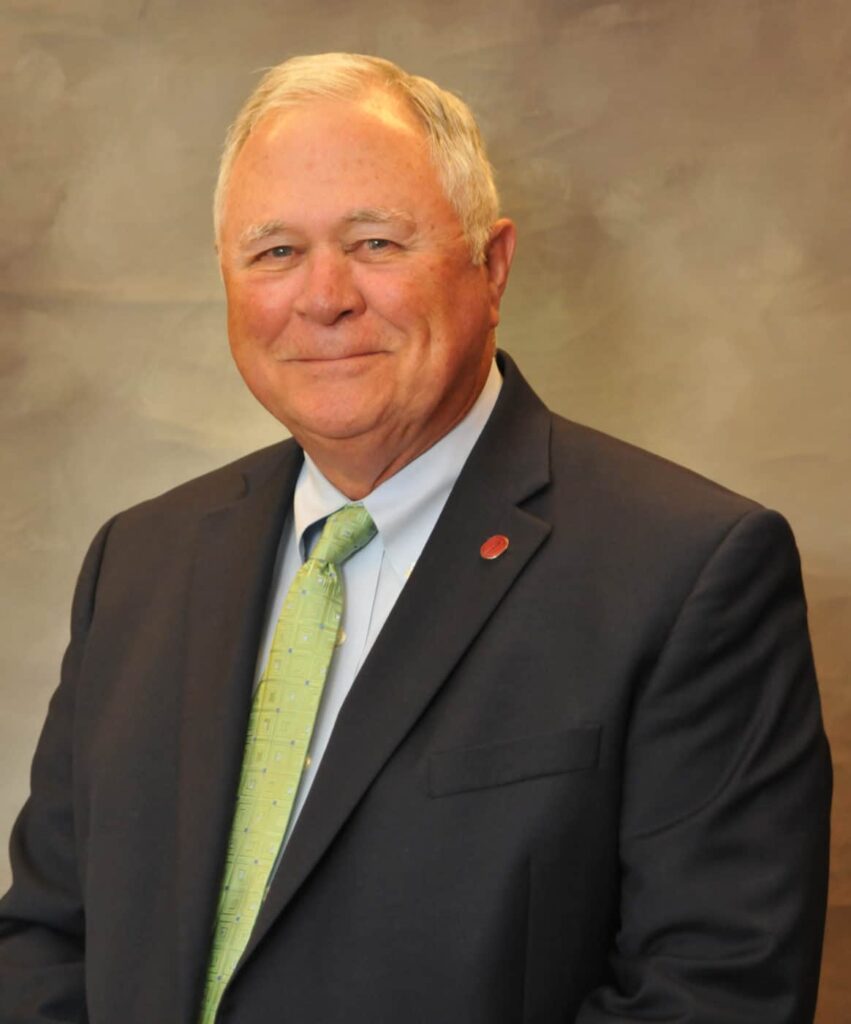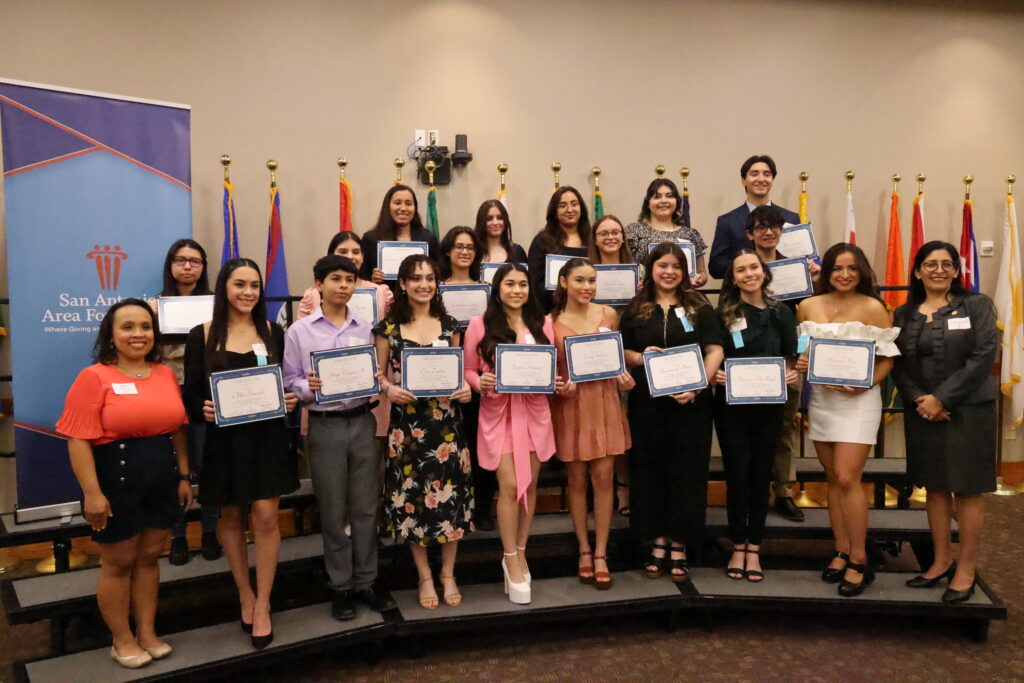His soft-spoken demeanor and amiable smile belie a lifetime of grit and valor that eventually reveal themselves when he begins to open up about his life and career.
There’s a reason why James Tom Hill’s name is usually preceded by the three-letter Gen. designation. Gen. Hill, the current Chairman of the Board of Directors of the San Antonio Area Foundation, retired from the U.S. Army after no less than 36 years of service.
His lengthy and distinguished military trajectory included serving as a platoon leader and company commander in Vietnam. He later led the 1st Brigade, 101st Airborne Division during Operation Desert Shield/Desert Storm in Iraq.

The list goes on – culminating with the rank of four-star General in charge of the Army’s Southern Command, putting him in charge of all military forces and operations in Central and South America and the Caribbean.
Following retirement, he started The JT Hill Group, a private consulting agency. A native of El Paso who went to Trinity University in San Antonio, he’s married to Dr. Antoinette Hill. The couple advise the Meghan Hill Acorn Fund, a philanthropic fund at the Area Foundation named after their daughter Meghan, who passed away in 2013 after an extended illness.
We’re lucky to have him at the Area Foundation – he joined the board in 2016 and became chairman this year. We honor him on this day, Veterans Day 2021, for his service to our organization but particularly for his service to our country.
We recently sat down with Gen. Hill to discuss his life, career and role with the Area Foundation.
Q: You have such a distinguished military career. But is it true that when you first had an opportunity to get into the military when you were young, it actually wasn’t your cup of tea?
A: I never thought of going into the military. My father was a pilot and he was killed during a training accident when he got called up for the Korean War. A friend of his had followed me as I grew up and he was an influential guy and he wanted me to go into one of the academies. So, I had an appointment at the Air Force Academy and at the Naval Academy and at the last second, I decided I wasn’t going to do that. Best decision I ever made. It was all engineering and back then I didn’t have the math skills and that is not my forté, I would’ve flunked out.
Q: So, when and how did you then make your connection with the military?
A: I was a decent tennis player and Trinity had the best tennis team in the country, so I thought I’d just go to Trinity. I was accepted and I learned they had compulsory Army ROTC for men. So, I stayed in ROTC and commissioned and here I am. I still knew I had a made a good decision about not going to the academy as soon as I took algebra at Trinity, I was terrible. Then people asked me later on why I stayed in the Army so long. I made up my mind to stay in the Army when I was in Vietnam because I learned a whole lot about myself – I loved what I was doing and I was good at it, also the camaraderie, the leadership, the challenge.
Q: It was also about being part of a major institutional change in the military ranks, correct?
A: Back then in the 1970s coming out Vietnam, it was what I call the “awful” Army. None of us were trained, we weren’t ready, people were leaving by the droves, it was just an ugly place to be. We were not a trained-and-ready force. Those of us that stuck it out and rebuilt the Army during the 1980s into the best Army the world has ever seen – pretty proud of that – because we were doing something important that needed to be done.

Q: Rising up the ranks to be in charge of the U.S. Southern Command had to be the highlight of your military career, right?
A: No, no, no. Leading soldiers as a company commander in Vietnam. Period. To this very second and till the day I die, my single greatest privilege and honor was the leading American infantrymen in combat in Vietnam. You were leading a bunch of men who didn’t want to be there under some very horrible and terrifying conditions. I said this much at my retirement ceremony with the Secretary of Defense and Chairman of the Joint Chiefs of Staff sitting there.
Q: What would say changed the most over time in the military throughout your years of service? Is signing up something you’d recommend to youngsters nowadays?
A: The military is not for everybody, there’s no doubt about that. But it’s a marvelous life and I still highly recommend it. It offers opportunities in life and to give back to your country. I’ll tell you how it’s changed. It moved from being a soldier-first to people-first organization. The Army fundamentally changed in the 80s toward focusing on the family, working through family issues. Exceptional family programming. If you have a child with disabilities and if you were to receive an assignment to a place that wouldn’t be suitable for your child, the Army used to say, sorry, get up there. Now, the Army makes a point of putting that soldier and the family in a place where the child’s needs can be met. I was a part of that change, but my wife was a big-time part of it – she helped write some of the new regulations.
Q: Turning to your work with philanthropy and the Area Foundation, do you recall how you first made this connection?
A: My wife and I had a daughter with significant cognitive and physical disabilities and we were in Miami and we knew it wasn’t the best setting for Meghan, so we always knew we’d come back to Texas. I’m from El Paso, my wife is from Mission, I went to Trinity, we love San Antonio, we had friends here who wanted to talk to her about with children with disabilities and she was recommended to learn about the work of the Foundation. So, we came here and got a briefing. Had never heard of anything resembling it. Toni was asked to join the board of Camp CAMP, where we always sent Meghan. A member of that board is the niece of [San Antonio Area Foundation founder] Richard Goldsmith and that’s how we met Richard and Toni and we all became friends. We met some other board members and they asked me to breakfast at Madeleine’s down on Broadway and they said we want to ask you to join the board of the Area Foundation. I said sure, of course, it’s a great organization that does good stuff.
Q: Can you discuss why you decided to open up your own philanthropic fund, the Meghan Hill Acorn Fund, which you named after your daughter Meghan?
A: If you’re on a board of any kind, especially in a non-for-profit board, you’ve got to be putting in money into the non-for-profit. At Trinity it’s the same way – I’m a trustee over there. It was when the acorn funds were just starting and I said that’s exactly what we’ll do, and we’ll do it in Meghan’s name. Our daughter was a spectacular human being, anyone who came in touch with her left being a better human being. She was a joyous personality – she could give love and she could accept love irrespective of her cognitive disabilities. She also had physical ailments that continued to morph over time. But she was a joy, no other way to describe it. My intent was to provide some funding for children with disabilities.
Q: Do you see yourself as a philanthropist and what does that mean to you?

A: Within our capabilities, my wife and I have always given to organizations. We’ve always given to Trinity. We’ve always given to the church and to organizations that support children with disabilities. My accountant says I give away too much and I tell him, well, that’s not your call. Does that make me a philanthropist? I guess so because it shouldn’t matter if you give small or if you give large – the trick is, are you giving back to the community? If that’s the definition, then I’m a philanthropist.
Q: We’re at a crucial time here at the Area Foundation with our five-year strategic planning process underway. How do you see its significance and impact in the long run?
A: The Foundation has changed dramatically since I joined the board – the Santikos gift being only one of those changes. It offered us up to other type of gifts out there. The strategic planning process will hopefully help us better prepare and plan for using the assets that we have as well as greater assets in the future so that we can do more good for the community. And we really can become the philanthropic leader of San Antonio and South Texas. We’ve never had a vision for how to better lead the community and we’re now developing that in a very coherent way. We want the Area Foundation to be the first thing that comes to mind when people think of philanthropy.
Hernán Rozemberg is the Area Foundation’s Director of Communications and Storytelling in the Marketing and Communications Department.

